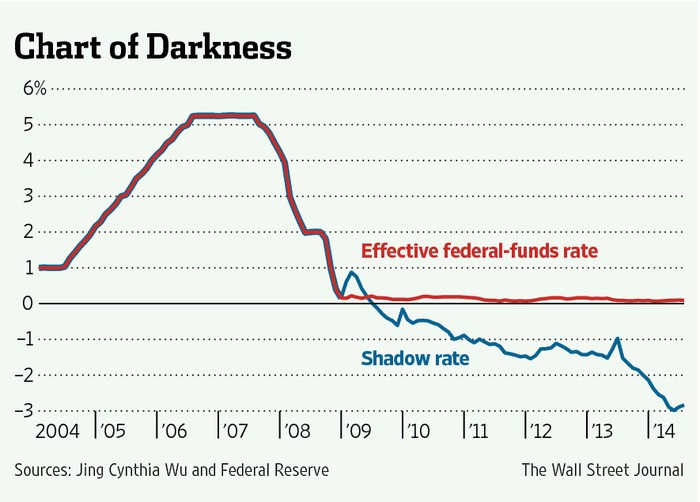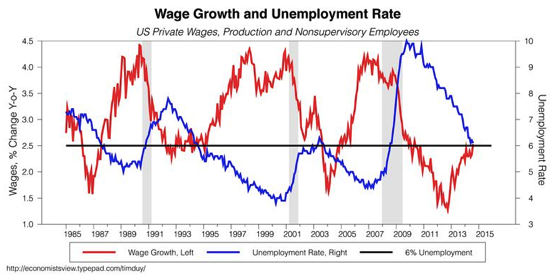Investors it doesn’t matter when the Fed raises rates
Post on: 16 Март, 2015 No Comment

MarkHulbert
CHAPEL HILL, N.C. (MarketWatch) — Are you obsessed with whether the Federal Reserve will begin to raise official interest rates in July, September or sometime next year?
Fuggedaboutit .
A review of historical data fails to find significant statistical support for believing that higher rates are in themselves bad for the stock market. And even if they were, the difference of a few months in the timing of increases makes little difference when determining if equities are expensive or cheap.
I concede that both of those beliefs are far from conventional wisdom on Wall Street. But the job of the contrarian is to challenge norms.
And it turns out to be surprisingly easy to do so.
Consider, first, a study conducted several years ago by Javier Estrada, a professor of finance at the University of Navarra’s business school in Barcelona. Focusing on data in the U.S. back to 1875, he was unable to find any consistent historical relationship between interest rates and the stock market’s performance. He confirmed this finding when focusing on the history of 19 non-U.S. stock markets as well.
When presented with this historical record, some investors respond by arguing that we should be focusing on inflation instead. That’s because rate hikes are a response to higher inflation, and — so these investors argue — it’s inflation that is bad for corporate profitability.
But, once again, where is the historical support for investors’ arguments? Cliff Asness, a founding principal of AQR Capital Management, found no statistically significant evidence in U.S. data back to 1926 that higher inflation leads to lower profits.
Neither of those findings guarantees that corporate profits and the stock market will continue to rise in the wake of a Fed interest-rate hike. They may very well fall, of course. But the historical data suggest that, if they do, it will be for reasons other than higher interest rates in and of themselves.

What if you disagree? Be my guest, though those studies put the burden of proof on you to show that the historical data prove something other than what Estrada and Asness found.
But, even so, you still would need to show why the timing of the Fed’s decision makes a huge difference to share-price valuations today. And that’s not as easy as you might think.
That’s because, as an efficient discounting mechanism, the stock market looks far into the future. In fact, one academic study from a decade ago found that the market discounts events that won’t happen until as much as five or 10 years into the future.
Given that, it’s hard to consider it even remotely Earth-shattering whether the Fed decides to accelerate its rate hike by a month or two — or, instead, postpones it by a couple of months. As Asness put it to me: “I find it hard to believe that this [the Fed’s rate hike] is going to be shocking undiscounted information.”
The bottom line? Obsession with when the Fed raises rates keeps an impressive number of Wall Street analysts and financial journalists busy. But that doesn’t mean you need to pay attention.














